André Félix: “The pandemic and the governments’ response are leaving persons with disabilities even more vulnerable”
The European Disability Forum is advocating for a disability inclusive response from EU and international organisations. We interviewed them to know what the current situation is.
How COVID-19 is affecting people with disabilities all over Europe?
As the response of different governments differ both in terms of measures and time, persons with disabilities are differently affected across Europe. Nevertheless it is very clear that both the pandemic and the governments’ response are leaving persons with disabilities even more vulnerable.
What additional difficulties have to face this group of people to prevent the virus?
We picked common themes such as:
- Fear of medical de-prioritisation: there is the real concern that authorities draft guidelines that discriminate against persons with disabilities when it comes to choose who to save.
- Residential institutions, where many persons with disabilities are confined, are hotbeds of infection – this means that they are more at risk.
- Practical information is not accessible – while many governments are improving the accessibility of information, much of this work had to be done by organisations of persons with disabilities. For example, instructions were not accessible to persons with intellectual disabilities or were not provided in adequate formats for deaf, blind or deafblind people.
- Access to needed support: a lot of necessary support, including personal assistance, inclusive education and others has been strongly affected by this crisis. This means that many persons with disabilities will lack the necessary support. We noticed special concern about how this will impact personal care (care workers travelling to people’s home), education ( lack of specific support for inclusive education) and work (organisations not setting accessible solutions for remote)
- Confinement measures: self-isolation and social distancing may very negatively impact persons with mental health issues, persons with psychosocial disabilities or other people such as autistic people. They may also impact access to personal care, as said above.
- Access to goods: we have been seeing that increase of demand for delivery services means that many persons that could not reach the grocery stores are not able to receive food.
What measures are the governments taking to support people with disabilities? Are them enough?
The measures are clearly not enough across Europe. It is however, difficult to give a list of measures as they are different in each EU country.
We do understand that some governments implemented helplines for persons with disabilities, which is positive. They also need to find ways to reinforce the essential services that persons with disabilities start to lack – this means that support workers need to be considered key workers (which happens in some countries) and given all personal protective equipment necessary to avoid contagion (which does not happen in many countries).
What role is the European Disability Forum playing in order to tackle this trouble?
The European Disability Forum is advocating for a disability inclusive response from EU and international organisations. This means advocating to ensure that the response during and after the crisis ensures and upholds the rights of persons with disabilities.
We are also collecting and distributing information from different EU countries and supporting our members in their advocacy, mostly through exchange of information and specific issues.
We are also keeping our members informed of helpful resources.
What about the role of non-profit organisations?
As the pandemic has been mostly managed by each EU country at their discretion, national and local organisations of persons with disabilities have been working very hard to ensure that persons with disabilities are not left behind. It is often due to their advocacy that governments set measures to support persons with disabilities or even, rowed back measures that would hurt them. They have often been vital in ensuring that persons with disabilities were thought about.
They are also filling the gap of information – many organisations created accessible information regarding the pandemic, they stepped up when authorities stopped being able to provide support services and are generally trying to fill the gaps while already continuing with their work. Among many, many examples of this, I can share that:
- Federation Nationale "Grandir Ensemble" started a platform to support families with children with disabilities
- Many organisations of persons with intelectual disabilities created easy to read guides
- CERMI Madrid launched a call for volunteers to support persons with disabilities
Can you explain some examples of good practices in this field?
It’s honestly too early to tell. A thing that some countries are doing help is the creation of a specific helpline for persons with disabilities. In Spain in particular, we were happy to see that lockdown measures were relaxed for persons with autism, mental health issues and psychosocial disabilities. It is however to early to identify best case practices from authorities.
From your point of view, what measures do you propose governments must take to help people with disabilities in these hard times?
We have a list of around 60 demands for governments divided in 10 main pillars:
- Making public health communication accessible
- Non-discriminatory ethical medical guidelines
- Accessible, inclusive, hygienic health services and other facilities
- Invest in provision of services and support - European solidarity is needed to ensure strengthening of essential services
- Ensuring marginalised and isolated people are not left without essential goods, support and human contact
- Support networks and assistive devices
- Income protection
- Ensuring that public Guaranteeing the rights of women and girls with disabilities health communication messages are respectful and non-discriminatory
- Ensuring persons with disabilities are counted
- Ensuring non-nationals are protected
The list has been constantly updated as the situation changes.
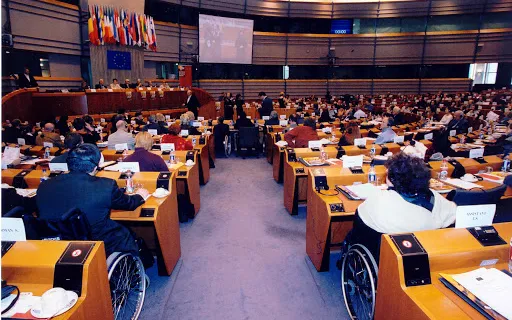
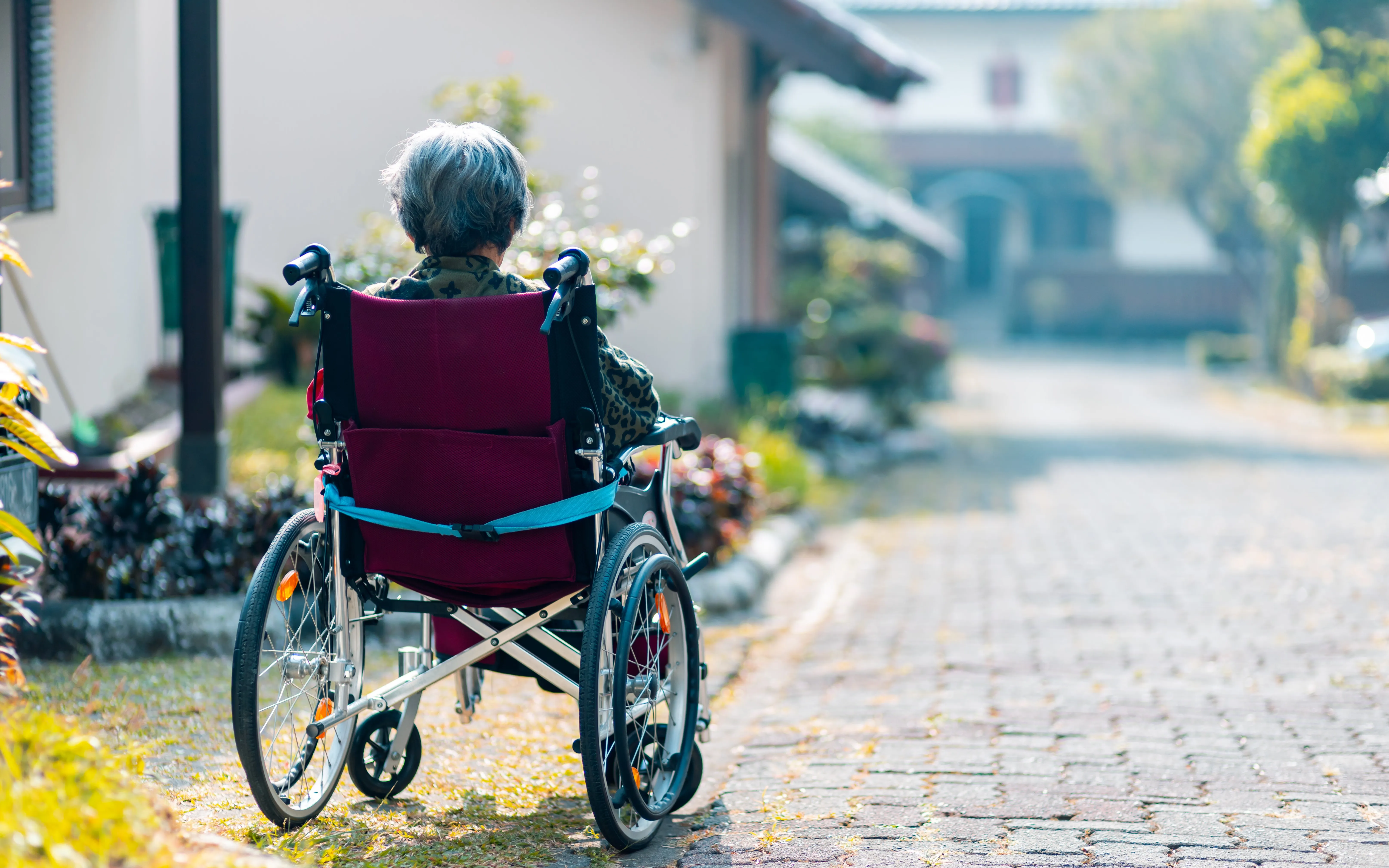


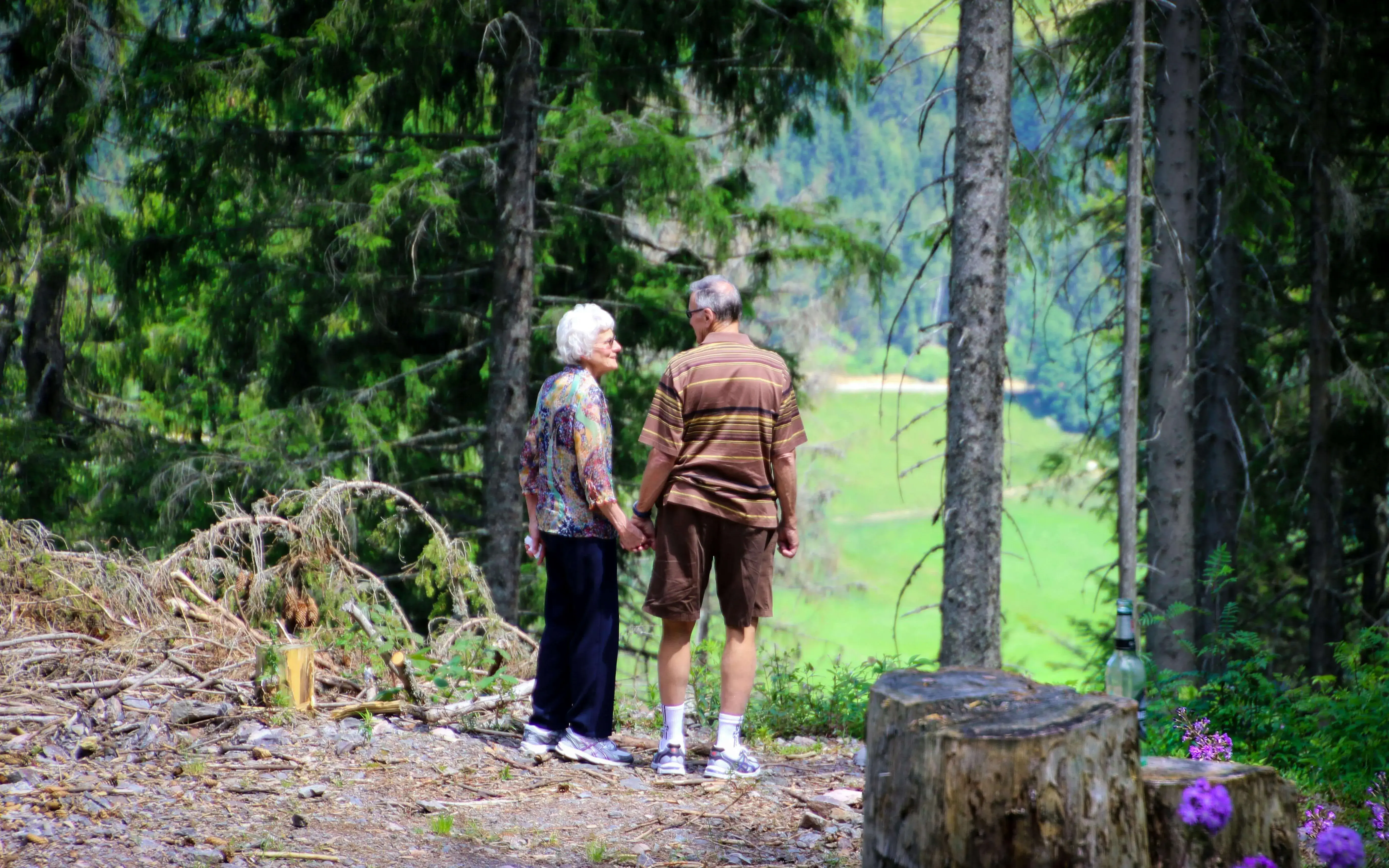
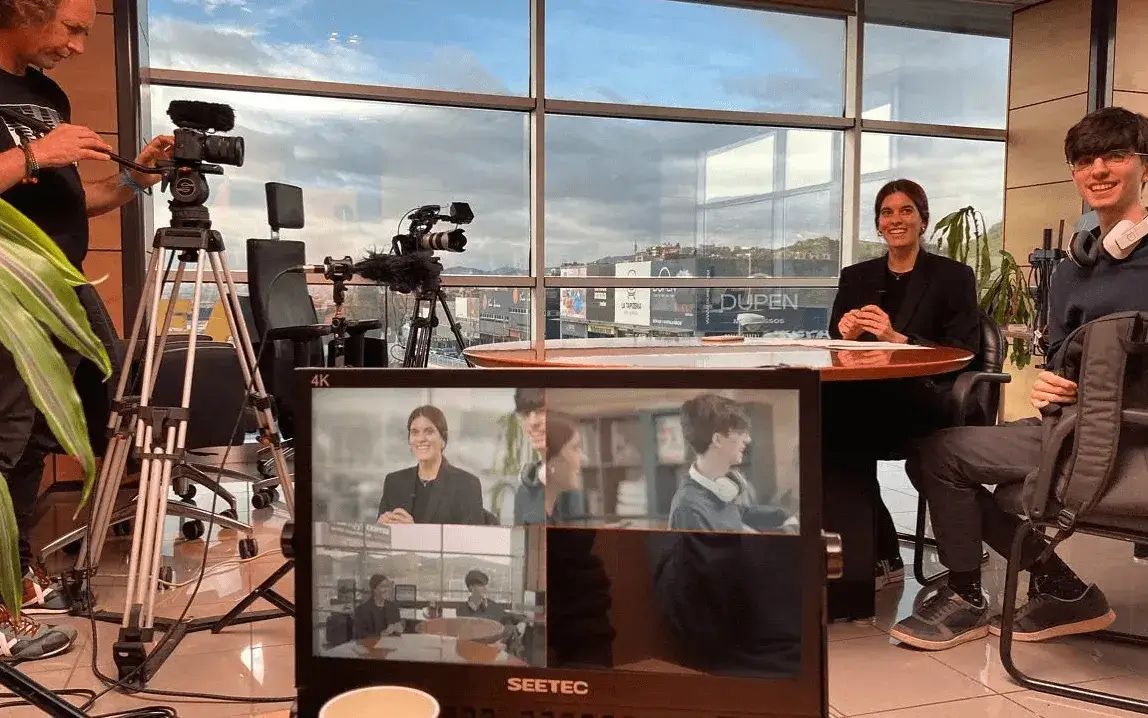

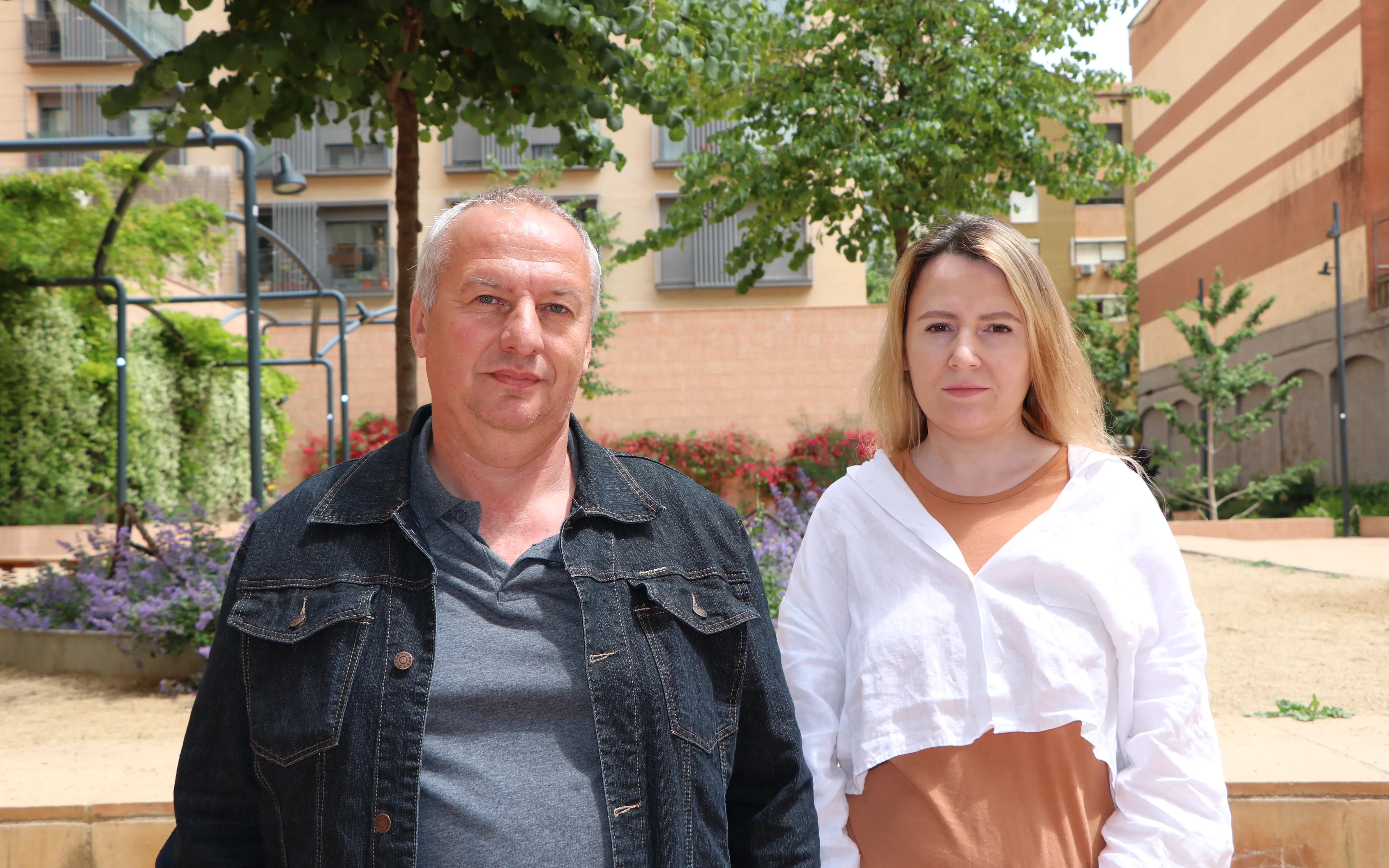
Add new comment